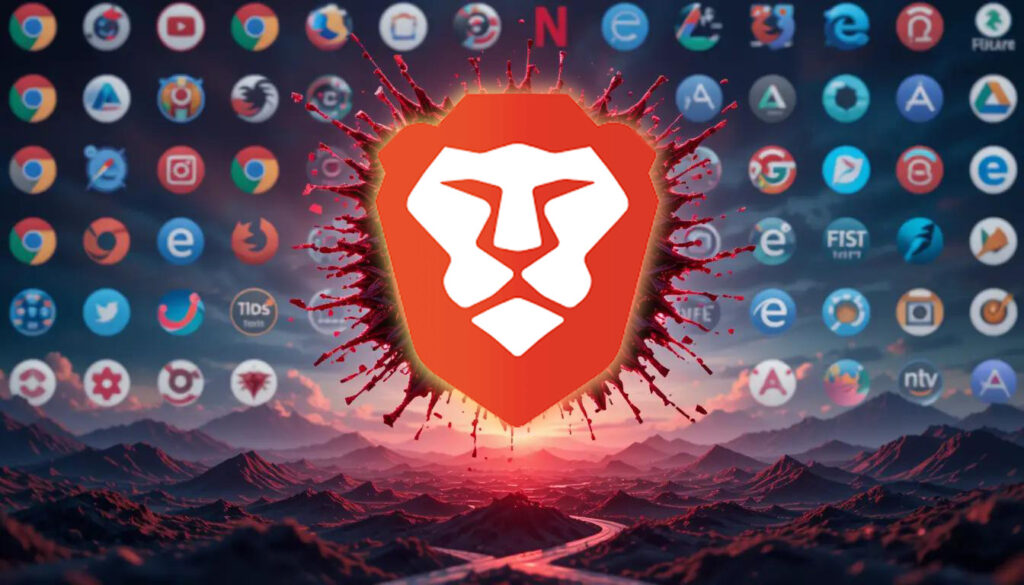Brave Browser is rewriting the rules of web browsing by becoming the first mainstream browser to natively support on-chain domain naming—unlocking a more decentralized internet for millions.
A Web3 milestone for the open internet
On May 16, 2025, Brave announced its native integration with the Solana Name Service (SNS), marking the first time a major web browser has offered built-in support for a fully on-chain domain naming system. This means Brave’s 85 million+ users can now access decentralized .sol websites and applications directly—no plugins, extensions, or centralized DNS needed.
“This integration supports our mission to put users first, giving them direct, seamless access to the decentralized web,” said Brian Bondy, Brave’s CTO and co-founder.
This move represents a leap forward in the usability of Web3, potentially paving the way for other browsers to follow.
What is Solana Name Service (SNS)?
SNS allows users to register .sol domain names tied to Solana wallet addresses, smart contracts, or decentralized websites. Unlike traditional domain systems controlled by centralized entities like ICANN, SNS is:
- On-chain and censorship-resistant
- Permissionless and verifiable via blockchain
- Wallet-native, simplifying crypto transactions and identity management
Why Brave’s integration matters
This isn’t Brave’s first step into Web3, but it’s one of its most significant. The browser already supports crypto wallets, native BAT rewards, and DApp compatibility. But integrating an on-chain DNS marks a powerful shift toward a user-controlled internet.
Key implications:
- Mass adoption: 85+ million users can now access Web3 domains without friction.
- Security: On-chain records reduce risk of DNS spoofing and hijacks.
- User identity: .sol domains serve as wallet aliases, enabling easier crypto payments and decentralized identities.
This integration places Brave at the intersection of browser UX and blockchain utility—bridging Web2 familiarity with Web3 functionality.
Brave vs. the competition
Other browsers like Opera and extensions like MetaMask have supported blockchain domains (e.g., .eth via ENS or .crypto via Unstoppable Domains), but those were either off-chain or required third-party integrations.
Brave’s move is different:
- Fully native: No extension installation required.
- Truly on-chain: Uses Solana’s decentralized infrastructure instead of mirrored or bridged naming systems.
- Built-in wallet compatibility: Direct access to DApps, NFTs, and crypto transfers via .sol addresses.
What’s next for Web3 browsing?
As Brave opens the gates to on-chain navigation, users can expect new use cases such as:
- Decentralized blogs and storefronts under .sol domains
- Human-readable wallet names for transactions
- Identity portability across apps and platforms
Moreover, this sets a precedent. Expect other blockchain ecosystems (like ENS on Ethereum or SPACE ID on BNB Chain) to push for deeper browser integrations.
Conclusion
Brave’s integration of Solana Name Service is more than a feature—it’s a signal. The browser wars are entering Web3 territory, and Brave just made the first major move. As more users shift toward decentralized experiences, native support like this will be essential to onboarding the next generation of internet users.
